16 Common Phrases That Are Actually Offensive
Words are tricky little things. They can bridge gaps or build walls, especially when we don’t realize the hidden sting in what we’re saying. Ever wondered if what you’re saying could ruffle some feathers? Let’s unwrap 16 phrases that secretly have a bit more of a bite than you thought.
Hysteria
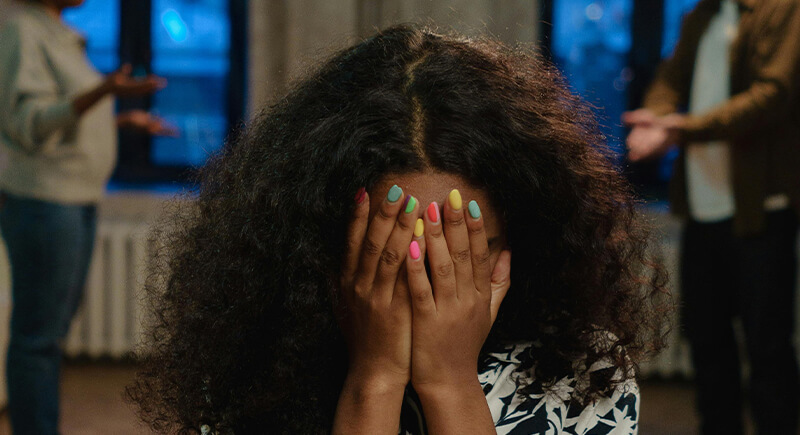
Credit: pexels
“Hysteria” might sound dramatic and harmless, a throwback to old medical textbooks. Yet, it carries a heavy history of being used to dismiss women’s emotions or mental health as irrational. Today, it’s a reminder that words can perpetuate stereotypes and undermine serious concerns. A little sensitivity goes a long way.
Long Time No See

Credit: pexels
“Long time no see” seems like a friendly catch-up phrase, but it’s tangled in a history of mocking Native American speech patterns. Unpacking its origins reminds us to choose greetings that don’t inadvertently echo past insensitivities. It’s a gentle nudge towards more thoughtful ways of telling someone, “I’ve missed you.”
Cat Got Your Tongue

Credit: freepik
“Cat got your tongue?” This quirky inquiry often used to coax words from the silent, hides a darker tale. Believed to originate from punishment practices that left victims speechless, it’s a playful tease that carries an unintentional shadow of historical violence; some phrases have much darker roots than we think.
Tipping Point
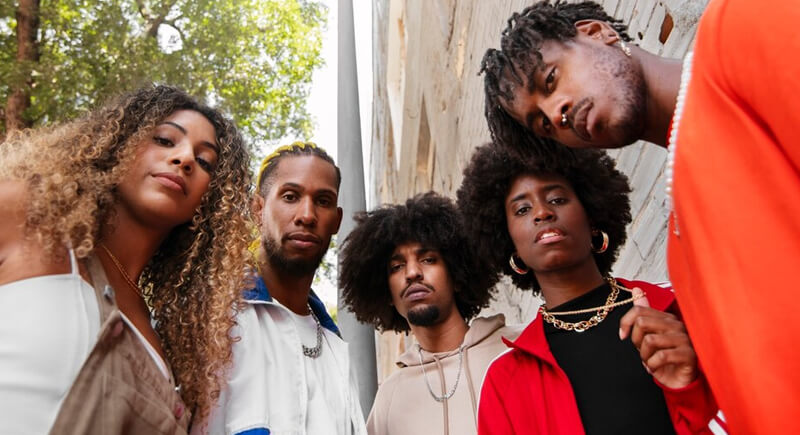
Credit: freepik
In contemporary language, “Reaching the tipping point” often signals a moment beyond which change is unstoppable, a concept that seems pretty harmless and straightforward. Yet, this phrase carries baggage from the 1950s and 1960s, used to describe the moment when white families would leave a neighborhood becoming predominantly African American.
Spinster

Credit: freepik
“Spinster” once simply meant a woman who spins. Over time, it evolved into a label for unmarried women, often used pejoratively to imply a lack of desirability or social failure. Outdated terms like this are a stark reminder of how our language can perpetuate stereotypes and unfairly judge personal choices.
Drink the Kool-Aid
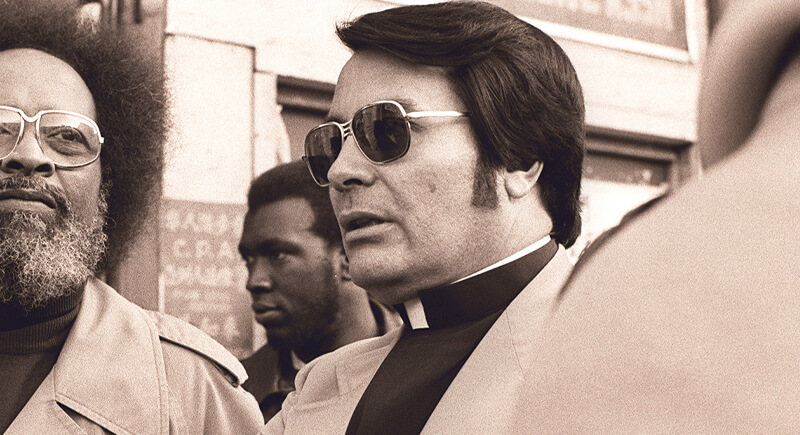
Credit: Wikimedia Commons
“Drink the Kool-Aid” casually implies blind, unquestioning obedience, yet its origin is anything but light. Stemming from the tragic Jonestown Massacre, where followers of Jim Jones were coerced into a mass suicide by cyanide-laced drink, this phrase trivializes a horrific event. Using it nowadays overlooks the gravity of its history.
Eeny, Meeny, Miny, Moe
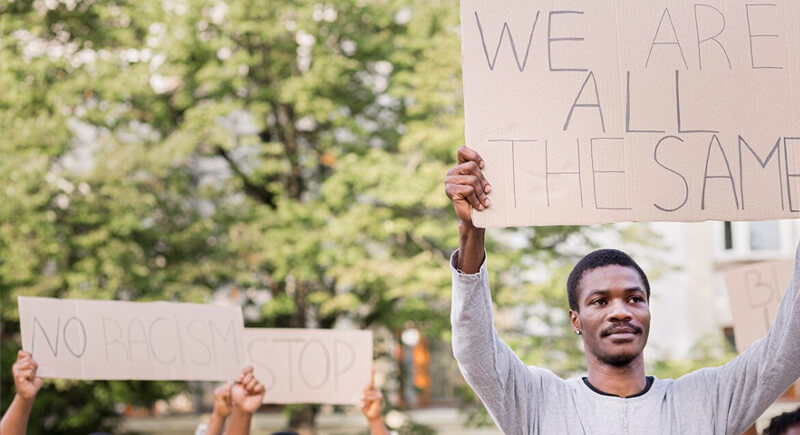
Credit: freepik
The childhood rhyme “Eeny, meeny, miny, moe” seems pretty innocent, a playful way to make choices. However, its original versions contained racial slurs, reflecting deep-seated prejudices. While modern iterations have evolved, the phrase’s history serves as a reminder to question the origins of even the most seemingly benign oral traditions.
Rule of Thumb

Credit: pexels
“Rule of thumb” suggests a general guideline, yet it’s tangled in controversy over its alleged origin: an old European law permitting spousal abuse with a stick no wider than a thumb. While historians debate this origin, the phrase’s potential connection to violence prompts a careful reconsideration of its casual use.
Moron

Credit: freepik
Originally a clinical term for someone with mild intellectual disability, “moron” was coined in the early 20th century to classify individuals by IQ levels. Over time, it became an insult, shedding its medical origins to become a derogatory remark about someone’s intelligence. Language often evolves at the expense of sensitivity.
No Can Do

Credit: freepik
“No can do” might sound like a quirky, informal way to say something isn’t possible, but it’s actually rooted in caricature. Originating as a mimicry of Chinese Pidgin English, this phrase perpetuates stereotypes and mocks non-native English speakers. Awareness of its background encourages a shift towards more respectful language choices.
Basket Case
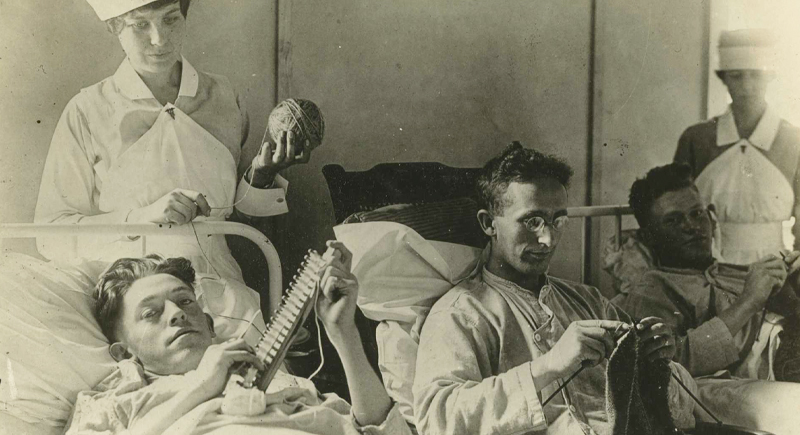
Credit: Wikimedia Commons
“Basket case” is commonly used to describe someone emotionally unstable, but its origin is far more grim. During World War I, it referred to soldiers who had lost all limbs and were literally carried in baskets. Using it today overlooks the deep trauma and sacrifice associated with its historical context.
Fuzzy Wuzzy

Credit: pexels
“Fuzzy Wuzzy” conjures images of a harmless nursery rhyme bear for many. However, in the 1800s, British soldiers labeled East African nomads with this term. It didn’t stop there—military forces reused the term across various colonies, from Papua New Guinea to Sudan, embedding racial insensitivity into a seemingly benign phrase.
Cannibal
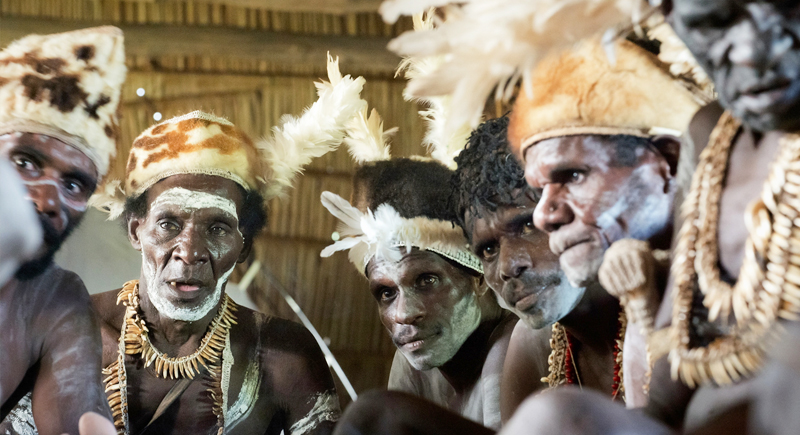
Credit: iStockphoto
The term “cannibal” originates from the Spanish “canibal” a misnomer for the Carib people, thought to practice cannibalism. Europeans first used this label during early explorations of the Americas to demonize and justify the indigenous population’s subjugation. Its use today overlooks its roots in colonial violence and misrepresentation.
Mumbo Jumbo
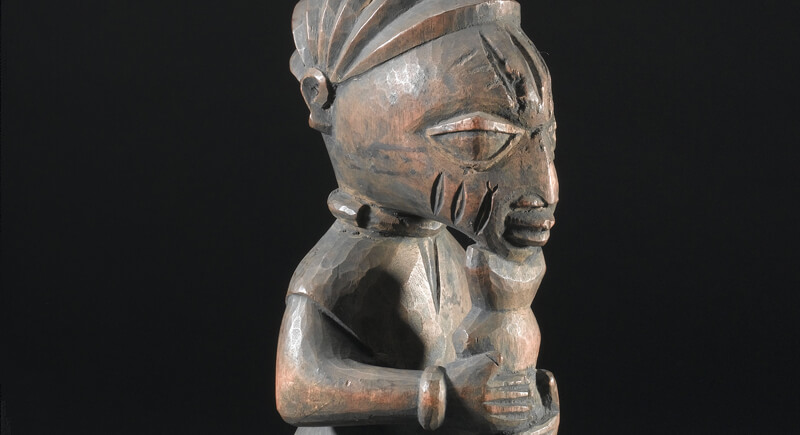
Credit: Wikimedia Commons
For modern-day folks, “Mumbo Jumbo” might roll off the tongue to describe nonsensical or complicated talk. But originating as a term for a West African god, it was adopted by Westerners to mock African religions and practices. Using it today perpetuates a legacy of misunderstanding and belittlement of African cultures.
Spaz

Credit: freepik
“Spaz,” used colloquially to describe clumsy or overexcited behavior, has a less benign origin than many realize. It stems from “spastic,” referring to someone with spastic paralysis or cerebral palsy. Over time, its original medical context was overshadowed by negative connotations. Recognizing its hurtful history encourages more empathetic language choices.
Hooligans

Credit: unsplash
“Hooligan” evokes images of unruly behavior, especially among sports fans. But historians believe it may originate from the “Houlihans,” a notorious Irish family in 19th-century London, becoming a catch-all for mischief-makers. While its ethnic connotations have faded, the term still carries echoes of its disorderly roots, illustrating language’s evolving nature.